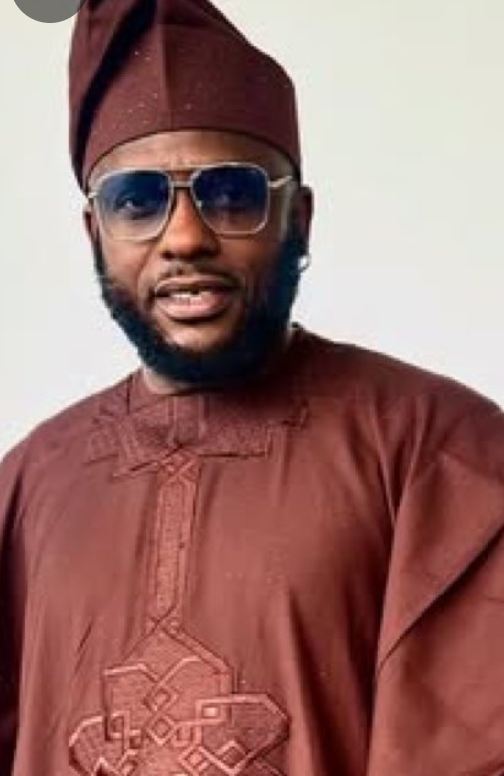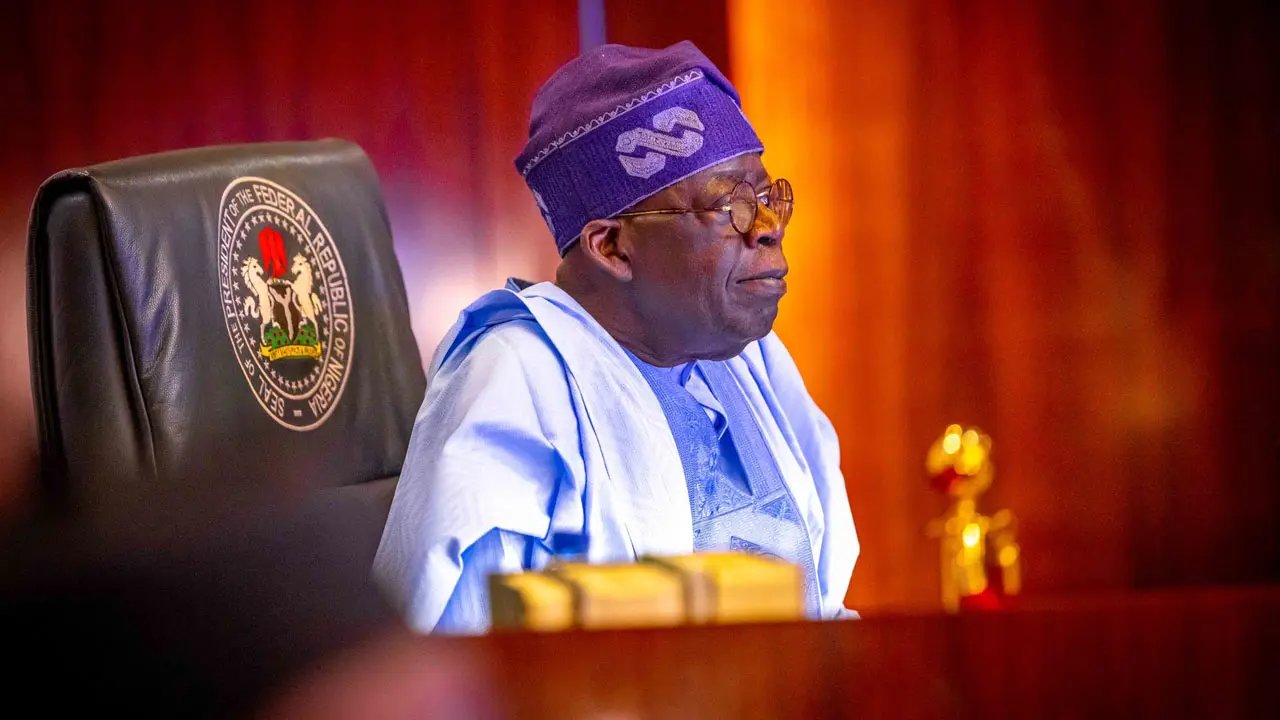
“I Never Hear Say Woman Open Shop for Man” – Comedian Igosave Sparks Debate With Bold Statement

Nigerian comedian Otaghware Otas Onodjayeke, popularly known as Igosave, has once again stirred conversations across social media after making a rather unusual observation about gender roles, relationships, and financial support between men and women. The Delta State-born comedian, who is known for his witty takes and sharp delivery, took to his page to express something he claims has never crossed his ears in all his years of growing up and interacting with people. According to him, he has never heard of a woman opening a shop for a man. The statement, simple yet weighty, has set off a wave of discussions online with fans and critics weighing in on whether Igosave has hit the nail on the head or whether he has simply ignored examples that exist in reality.
The comic’s words were shared in a short but piercing post where he wrote, “I never hear once say woman open shop for man. Abi na men dey keep secrets?” That question, laced with sarcasm and curiosity, did not just highlight what he perceives as a social imbalance, but also opened a fresh chapter in the endless debate about love, money, and responsibilities in Nigerian relationships. For many, Igosave’s post was not merely a random thought but a mirror reflecting society’s expectations of men to be the providers and women to be the receivers. His claim immediately divided opinions, as some supported his observation while others dismissed it as inaccurate, citing countless cases where women have supported men financially and even helped build businesses for their partners.
As soon as the post began to circulate, Nigerians trooped into the comments section with contrasting views. Some men applauded the comedian for saying what they believed to be the truth, stressing that the cultural design in most African homes is that men bear the financial weight of relationships. To them, it is common to hear stories of men renting shops for women, setting up boutiques, funding catering businesses, and even going as far as opening supermarkets or beauty salons for their girlfriends and wives. But when the reverse is the case, they argued, such stories are either too rare or simply swept under the carpet. Others, however, were quick to remind Igosave that his claim was not entirely accurate. According to these opposing voices, many women do invest in their partners, sometimes in silence, because societal norms often discourage men from publicly acknowledging when they receive such help.
This counterargument opened yet another layer to the conversation—secrecy and pride. Could it be, as Igosave cheekily suggested, that men do not openly share when their women support them because they fear ridicule or loss of respect? In a society where masculinity is often tied to financial strength, many believe that men may indeed be keeping quiet about the shops and businesses their women have opened for them. This angle resonated with those who argued that women are just as capable of supporting men, but because the culture heavily emphasizes men as providers, the stories of supportive women are downplayed or even erased.
The post also sparked gendered banter between Nigerian men and women on social media. While some women laughed off the claim, others felt the need to defend themselves by listing instances where they had put money into their partners’ ventures. Screenshots, personal testimonies, and anecdotal evidence began to fly around, with women recounting how they had invested in their boyfriends’ barbershops, tailoring businesses, and even small-scale trading. On the other hand, many men insisted that even if such cases exist, they are nowhere near as common as men setting up women in businesses. The clash of narratives only made Igosave’s original post trend even more, with his words becoming the day’s talking point across blogs, forums, and group chats.
Beyond the banter, some analysts viewed the comedian’s statement as a commentary on gender dynamics in Nigerian society. They argued that his words reflect deep-seated economic realities where men are generally expected to shoulder the burden of provision. In most homes, it is the man’s responsibility to provide shelter, food, and business opportunities for his wife or girlfriend, while a woman offering the same level of support is seen as extraordinary rather than normal. According to them, Igosave was not only stating what he has personally experienced but also shedding light on a broader societal pattern that has remained unchanged for decades.
Interestingly, the statement also found its way into feminist circles where it was dissected from a different perspective. Some feminists argued that the comedian’s claim highlighted how women’s contributions to men are often invisible or underreported. They maintained that women do indeed invest in men but choose not to make noise about it, while men tend to broadcast their generosity more loudly, making it seem like they do more. To these voices, Igosave’s statement was not so much a reflection of reality but a reflection of perception. The question, then, is whether reality aligns with perception or whether the comedian simply tapped into a stereotype that Nigerians are all too familiar with.
As the debate raged on, social commentators began connecting the comedian’s words to wider issues such as patriarchy, economic empowerment, and relationship expectations in Nigeria. For instance, some argued that the reason why men are more likely to open shops for women is tied to tradition, where a man’s wealth is not only his but also a reflection of his ability to care for those around him. On the flip side, when a woman is financially successful, she may prioritize her own independence or family over investing in a man. This line of thought suggests that it is not that women cannot support men, but rather that society does not train them to see it as their responsibility.
Despite the serious undertones, some Nigerians still took Igosave’s statement lightly, treating it as yet another comic spin typical of his style. To them, the post was just another way of stirring laughter and engaging fans in playful conversation. After all, comedians thrive on exaggeration, and perhaps Igosave knew that his words would ignite banter and keep his name buzzing in entertainment circles. Regardless of his intent, the statement achieved exactly that: sparking a nationwide conversation that went far beyond comedy.
As of now, the debate remains unresolved. Was Igosave right in saying he has never heard of a woman opening a shop for a man, or are men simply hiding those stories out of pride? Are women less likely to invest in men, or is it that their investments are less visible? Whatever the truth may be, one thing is clear—Nigerians are passionate about discussing the intersection of money, love, and gender roles. With a single post, the comedian has reignited age-old debates and forced society to once again examine who really carries the financial weight in relationships.
In the end, whether taken as a joke or a social commentary, Igosave’s words will linger in conversations for a while. His ability to drop a simple line and get an entire nation debating is a reminder of the power of comedy not just to entertain, but also to provoke thought. And perhaps, the question he asked—“Abi na men dey keep secrets?”—is the part that will echo the loudest, leaving Nigerians wondering if the truth about love and money is far more complex than what we choose to admit.


